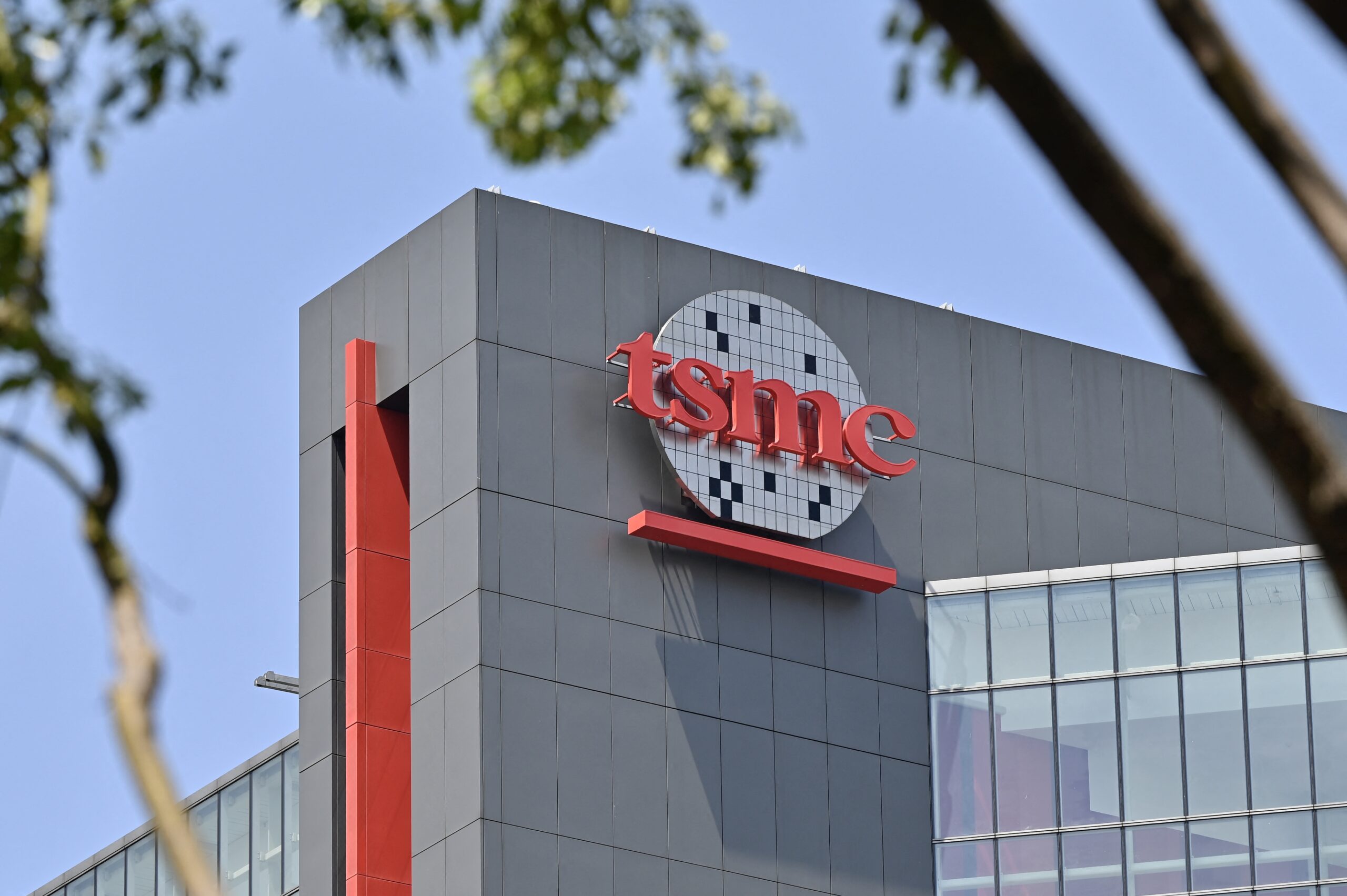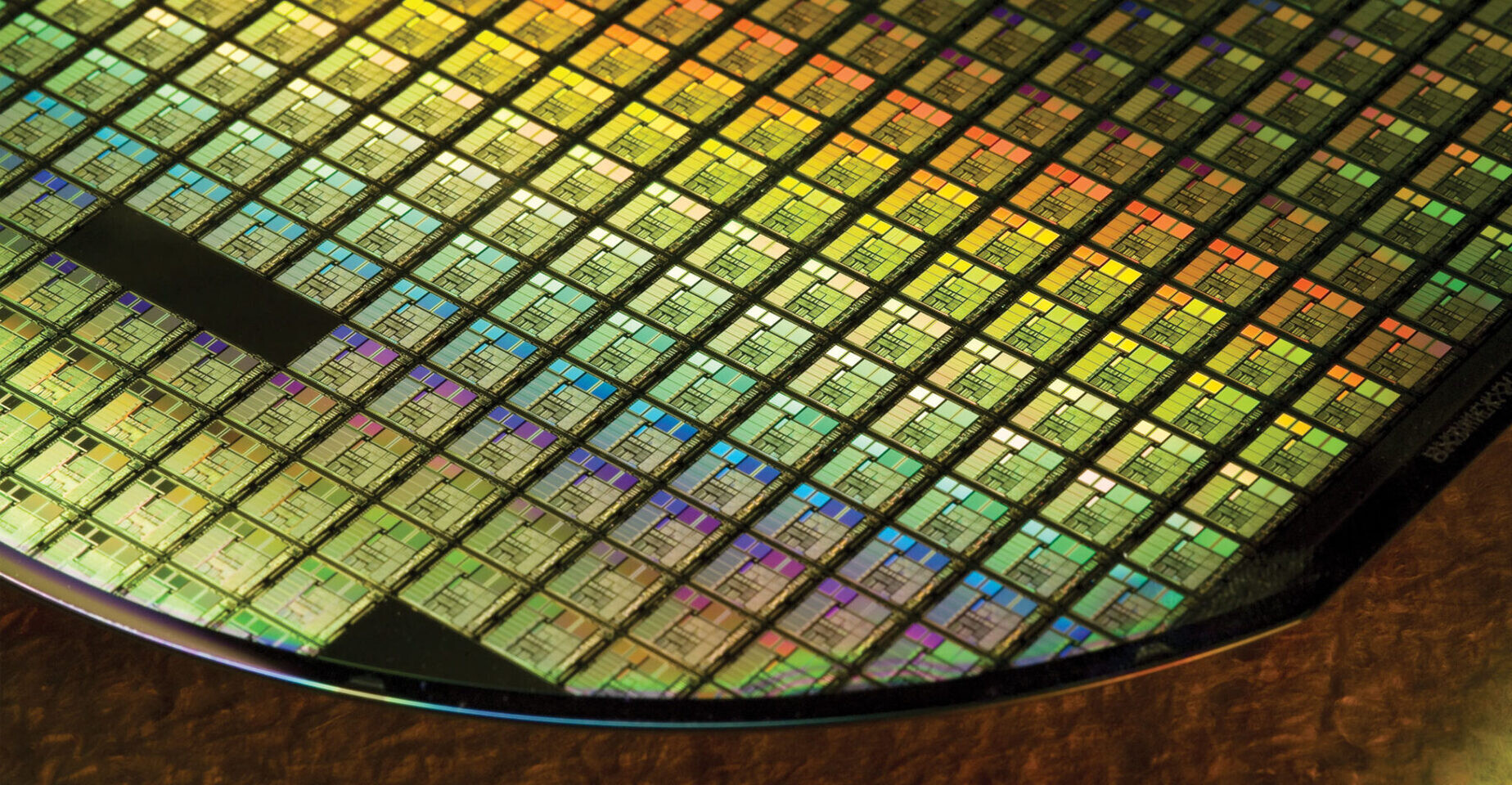TSMC Slashes Orders By Huge Margin Creating Panic Within the Industry

As reported in the Taiwanese press, the Taiwan Semiconductor Manufacturing Company (TSMC) has reduced the volume of its contractor orders. TSMC slashed capital expenditures for 2022 early this year and identified a shortage of demand forecasting as the leading cause. The company is suffering an industry slowdown as its clients struggle with a downturn in sales.
The United Daily News (UDN), which provided the information for today, makes the assumption that TSMC has started to reduce its supplier orders. These orders, at the frontline of the semiconductor manufacturing supply chain, involve a wide selection of products, including silicon wafers and other consumables that TSMC needs to maintain its machines in operation. According to UDN’s sources, TSMC has decreased these orders by as much as 50%, with the decline occurring after the fab slashed its spending. The order reduction has shocked the semiconductor industry as a whole since the firm is crucial to it as Taiwan’s most prominent and leading chipmaker.
Inventory adjustments have also affected TSMC and the semiconductor industry this year, and the firm anticipates that these conditions will continue and perhaps climax in the first quarter of 2019. However, the chipmaker has experienced significant demand for its highly anticipated 3-nanometer technology. During a recent earnings conference, the chipmaker’s CEO Dr. C.C. Wei said that the orders for 3nm are more than twice as many as those TSMC got for older technologies.

Partners of TSMC claim that the demand and supply began to decline in the previous quarter and have since persisted into the current quarter and the first quarter of 2019. In its most recent financial report, TSMC disclosed having trouble finding chipmaking equipment to meet client demands. This, coupled with a slowdown in the sector, is causing the company to cut spending.
The chip industry is facing a grim outlook, compounded by today’s report. Before last year, the chip sector was one of the top overall sectors due to an enormous upsurge of orders following the coronavirus pandemic and the auto industry, which resulted in more charges than the chipmakers could handle.





